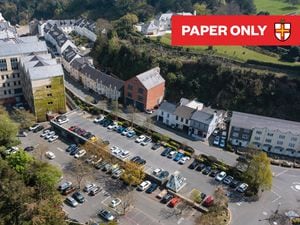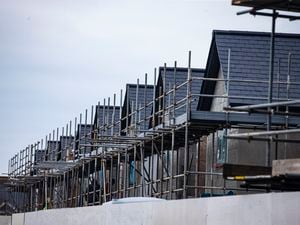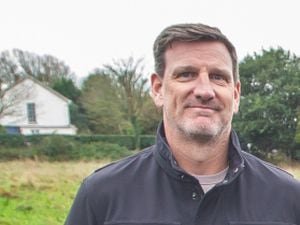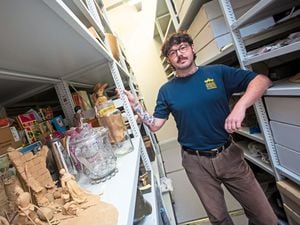‘Islanders should fund capital projects spend’
ANY loan to fund capital spending projects should come from the Guernsey people, according to one politician.
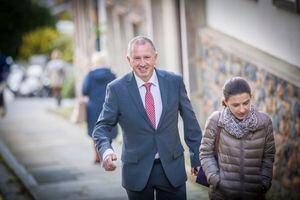
Deputy Liam McKenna said working class people were expected to borrow money, so the States could do the same to benefit the community.
‘But I don’t believe we should borrow money with corporate loans,’ he said.
‘I think we should find the most competitive rate and set a loan bond up funded by Guernsey people paying the same dividend. The money would then stay on island as investors would be taxed on their earnings from it.’
Policy & Resources has delayed the launch of the ‘Guernsey Together’ bond which would have allowed the public to invest in something that aimed to raise £50m.
It has decided not to put any more money in the capital reserve this year to help with the ongoing deficit.
Concern has been raised about the cost of capital spending projects in the pipeline outweighing the £130m. of unallocated money in the capital reserve.
‘We will need to prioritise spending and for me education is top of the list,’ said Deputy McKenna.
‘For me it’s not about the cheapest option but what is best for Guernsey in the long-term.’
Remodelling education alone could exhaust the capital reserve and he thought the need to borrow was likely.
Deputy John Dyke said the States had to get spending under control as it had been haywire in recent years.
‘We must ensure there is better value for money, better costing and better tendering processes,’ he said.
‘We can’t keep having projects programmed to cost £10m. and coming in at £20m.’
Policy & Resources was currently looking at this and they had a difficult job to do, he said.
Deputy Simon Fairclough said it was right and proper that the States re-examined all of its spending, both capital and revenue, in light of the current situation.
The States were expected to debate the Funding and Investment Plan for the medium term in the coming months.
‘I think we’re in a bit of a wait-see situation at the moment,’ he said.
‘Personally I’d like to see a flow of States capital spending projects over the next few years as we need to look at the economy and the effect on the local building industry. We should not do everything at once but we should not delay things either. We should be spending no less than 1.5% of our annual GDP on capital projects and we have fallen below that of late.’
Deputy Charles Parkinson raised the capital spending issue in the States chamber. He said things such as the Havelet slipway, Fermain seawall and the steps to the Clarence Battery were visible signs of deterioration which should not be left as they are.
‘P&R have decided to put meaningful money behind a repair window and I get that,’ he said.
The States accounts for 2019 had earmarked some £300m. for capital expenditure which he said had come as shock.
This included a hospital extension, a new dairy and hold luggage baggage scanners for Guernsey Airport.
‘The States agreed not to make any transfers to the capital reserve for 2020 or 2021 and getting back in to surplus could take some time. But we can’t neglect our infrastructure as we have done for many years.’
When the States borrowed the £300m. in 2014 it had hobbled itself by agreeing it could only be used for projects that had a reliable income stream.
‘The waste transfer station has a reliable income stream but that was funded from the capital reserve and that £32m. would have been very useful,’ he said.

